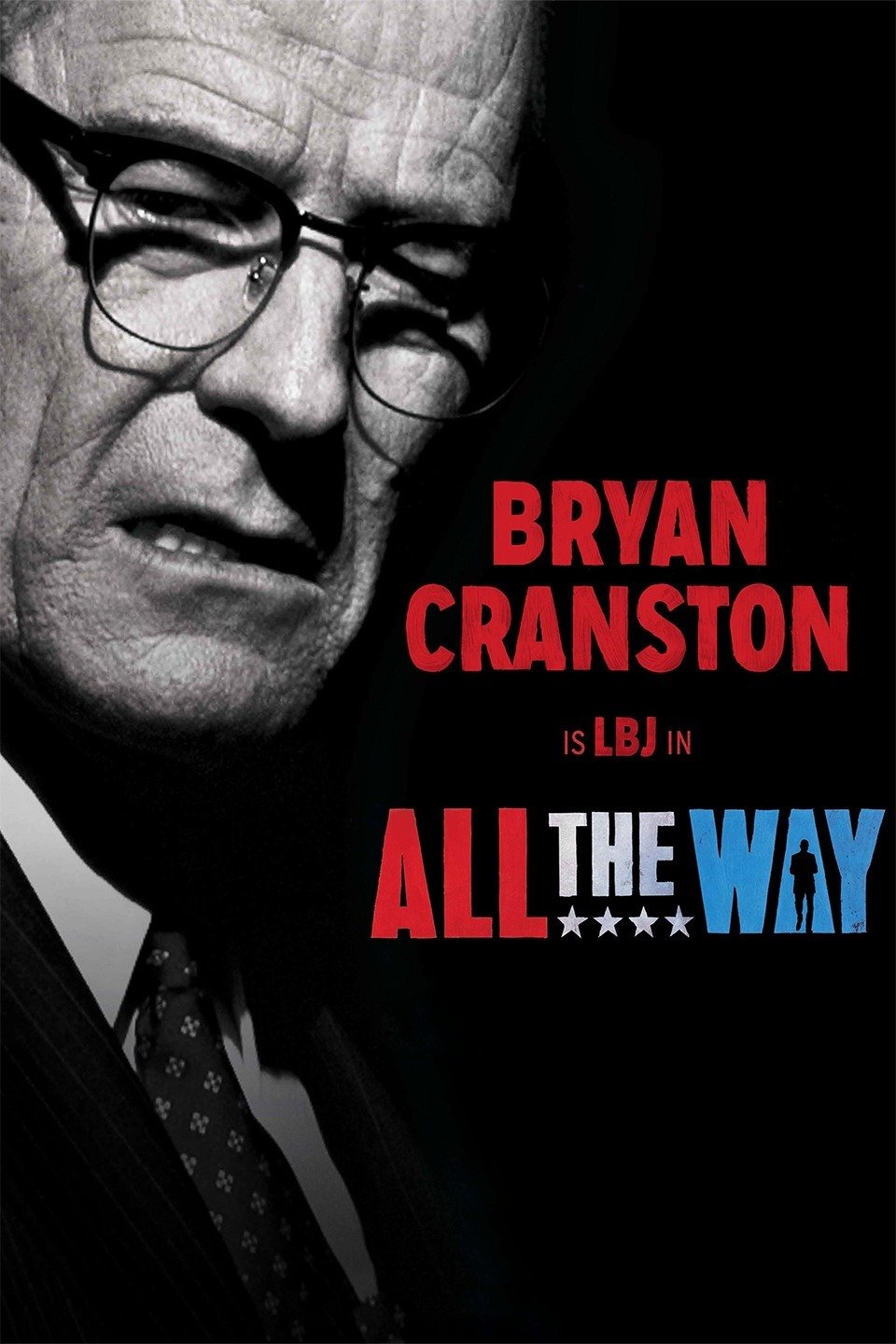45 Years and All the Way set
Joe thinking about the indie advantage
There’s no such thing as a low budget novel. There are
genres that flourish at the margins, such as fanzine fiction, but most writers,
even those published by major imprints, are essentially indie operators. There
is certainly no obvious correlation between money and quality. Sentences can’t benefit
from high production values.
Films are different. To shoot a film some outlay is required
in addition to food and lodging for the auteur. There are kinds of quality that
cost money. Which is why I’ve always had mixed feelings about independent low
budget movies. On the one hand they’re less likely to be corrupted by the
corporate imperative to maximise profits. On the other, they’re more likely to
be spoilt for a ha’p’orth of tar.
Flying to LA for Thanksgiving with my California in-laws I
had plenty of time to think about this while I caught up on new releases.
 All the Way covers
Lyndon Johnson’s first year in office, from his sudden elevation to the
Presidency after JFK’s assassination to his victory in the 1964 Election. Huge
historic changes are in progress as Johnson manoeuvres to get Kennedy’s Civil
Rights bill through Congress, even at the cost of alienating Southern
Democrats. Bryan Cranston, who came to fame as the drug-dealing chemistry
teacher in Breaking Bad, gives a superb performance as LBJ, confronting us with
a paradoxical figure – often crude, sometimes bullying, but capable of great
charm and driven by a genuine urge to reduce poverty and oppression in America.
All the Way covers
Lyndon Johnson’s first year in office, from his sudden elevation to the
Presidency after JFK’s assassination to his victory in the 1964 Election. Huge
historic changes are in progress as Johnson manoeuvres to get Kennedy’s Civil
Rights bill through Congress, even at the cost of alienating Southern
Democrats. Bryan Cranston, who came to fame as the drug-dealing chemistry
teacher in Breaking Bad, gives a superb performance as LBJ, confronting us with
a paradoxical figure – often crude, sometimes bullying, but capable of great
charm and driven by a genuine urge to reduce poverty and oppression in America.
I watched with enjoyment and admiration, but remained
emotionally unengaged. HBO and producer Stephen Spielberg haven’t stinted on
sets and locations. The research was thorough. Adapted from a play, the script is
sound, if a bit too earnestly instructional at times. There’s fun to be had,
particularly in the relationship between LBJ and his running mate, Hubert
Humphrey, played by a heavily disguised Bradley Whitfield. The hapless Humph
has a moment of panic when Johnson pretends to lose control of his car and
drives it into a lake. It’s only then that we discover it’s amphibious. That’s
the kind of thing you can do with a decent budget.
The letter, written in German, sends Geoff and Kate into the
garage in search of his old German dictionary. The film is punctuated by these
encounters with old possessions, first in the garage, later in the attic, first
together, then separately as the strains on their relationship begin to show.
Katya was dead before Kate met Geoff, but a dead lover who has never suffered
the ravages of aging is hard to compete with.
At the heart of the film is a sequence in which Kate, having
found Geoff’s slides of his 60s travels and set up an old projector in the
attic, clicks through images of Katya, first small in the landscape, then in
close-up. We see the two women side by side, Kate staring intently at the
screen, Katya looking at the unseen photographer. Visually beautiful, this
series of images delivers a narrative jolt sharper than anything in All the Way, though in Hollywood terms
it cost nothing.
Accepting another gin and tonic off the steward’s trolley, I
concluded that, in this pairing at least, the indie film had all the
advantages.
No comments:
Post a Comment